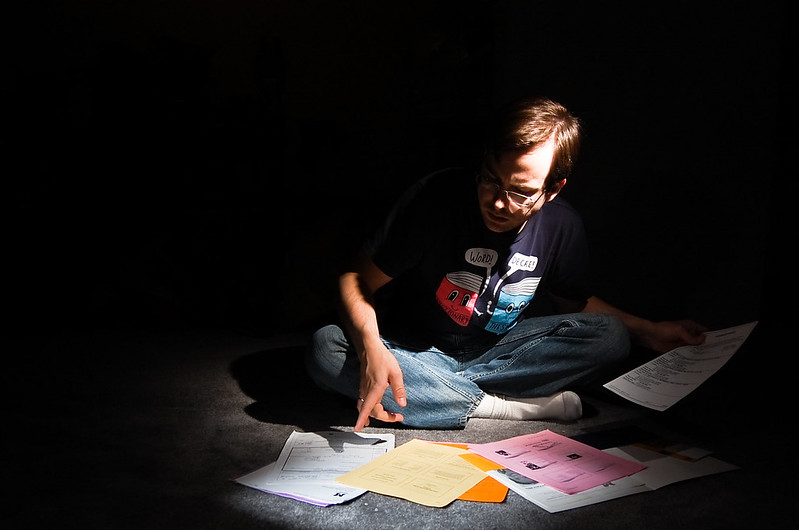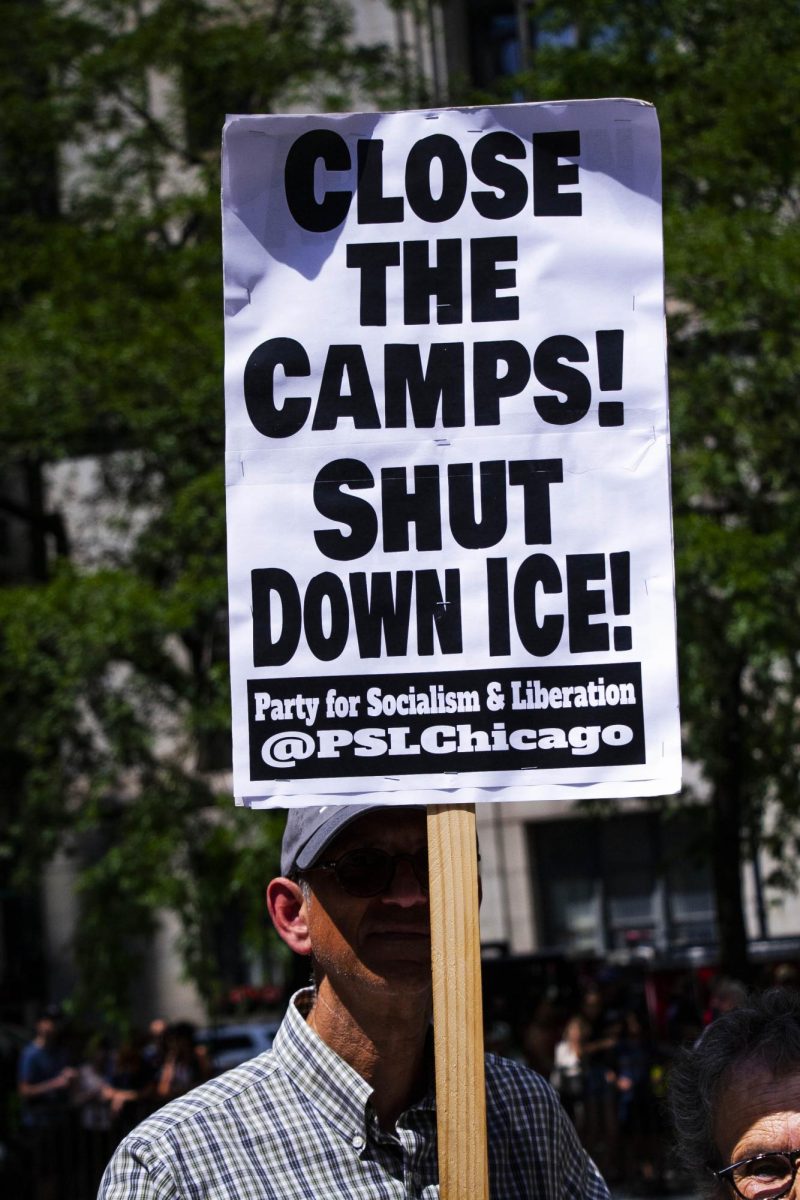Jillian Smith | Staff Writer
A “Kanye Western” themed party that took place at the University of California, Los Angeles earlier this month is still sending waves of anger and frustration across the United States.
Put simply, “just because you can do something, does not mean you should,” UCLA said in a public statement.
The party, which took place on Oct. 6 at the Sigma Pi Epsilon fraternity house and partnered with the Alpha Pi sorority, sparked protests on UCLA’s campus, one of which extended to the office of Chancellor Gene Block.
Students chanted and carried signs with messages such as “Black Bruins Matter,” “Black culture is not a theme,” and “culture is not a costume.”
The partygoers were seen wearing baggy clothes, padded butts and some smeared charcoal or paint on their faces. Whether their darkened faces were meant to complement a “gold digger costume” as the fraternity claims or something much more serious, the party showed how cultural sensitivity is a poorly neglected area of education in our society.
“It’s one thing to suggest you are actually focusing on one celebrity who is African American, it’s another thing to take it as a license to perform every attribute, every stereotype, every grotesque minstrelsy that you see,” said Jerry Kang, vice chancellor for UCLA’s Office of Equity, Diversity and Inclusion.
UCLA says that they are investigating the event and for the time being, the UCLA chapter of SigEp is suspending all activities. Alpha Phi’s social activities also have been temporarily suspended.
“While we do not yet have all the facts, the alleged behavior is inconsistent with good judgment as well as our principles of community,” UCLA said in a statement. “We remind students that while they are free to celebrate in ways that draw on popular culture, their specific choices can cause harm and pain to fellow members of their community.
This event and others like it have been encouraging conversations about what is considered a costume and what is considered cultural appropriation. With Halloween coming up, the issue of socially appropriate and politically correct costumes is becoming a prominent topic.
“The issue isn’t simply about putting on blackface, it is also about the entire mockery of black culture,” said Tina Frison in an interview with the Los Angeles Times. Frison is a student at UCLA and a member of the black student union.
The problem with parties, themes and costumes such as these is that they proliferate the stereotypes surrounding black popular culture. This idea that all young black men are “gangsters” and all young black women are “gold diggers” shows just how influential pop culture is and why it can, at times, be dangerous.
Although the fraternity continuously denies any members being at the party in blackface, the implications of all of the “costumes” were blatantly evident.
This year when choosing a Halloween costume, it would be best to steer clear of any racially charged costumes. It’s time for young Americans to think before they act, or take pictures at a party.






